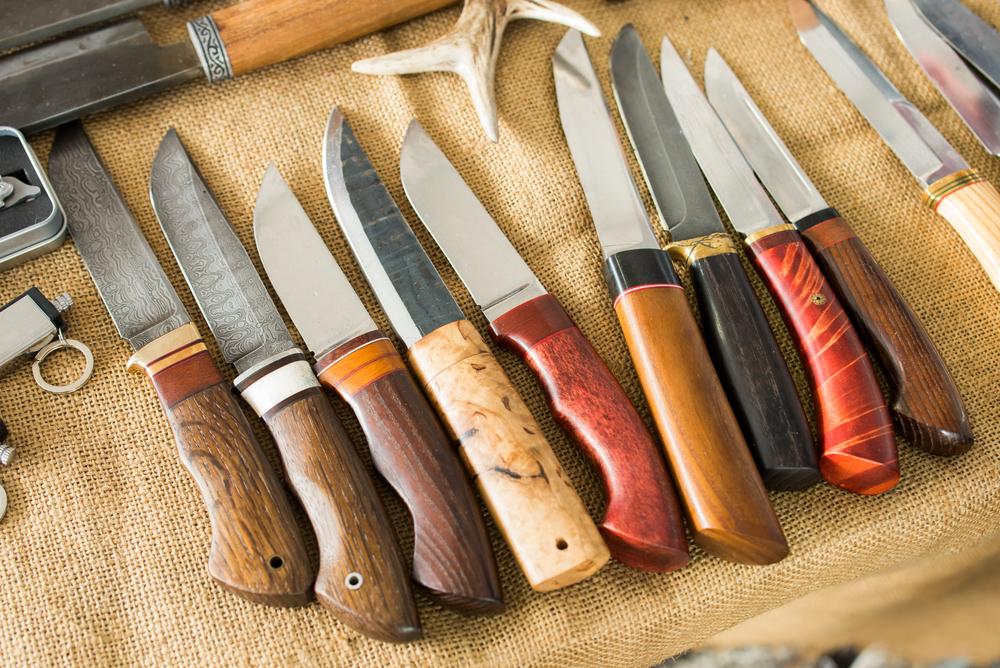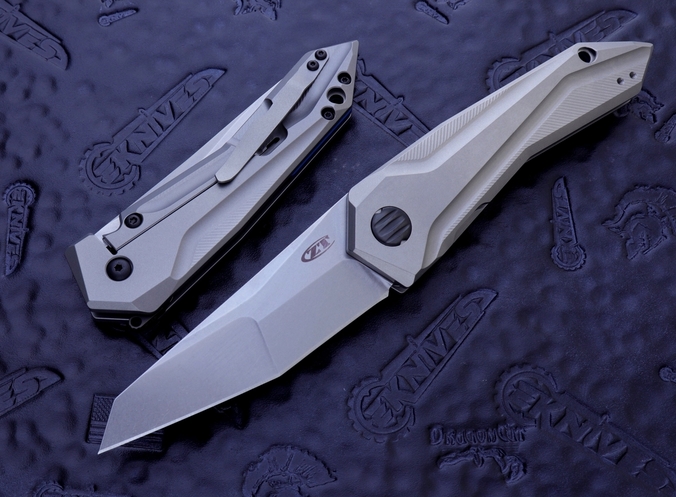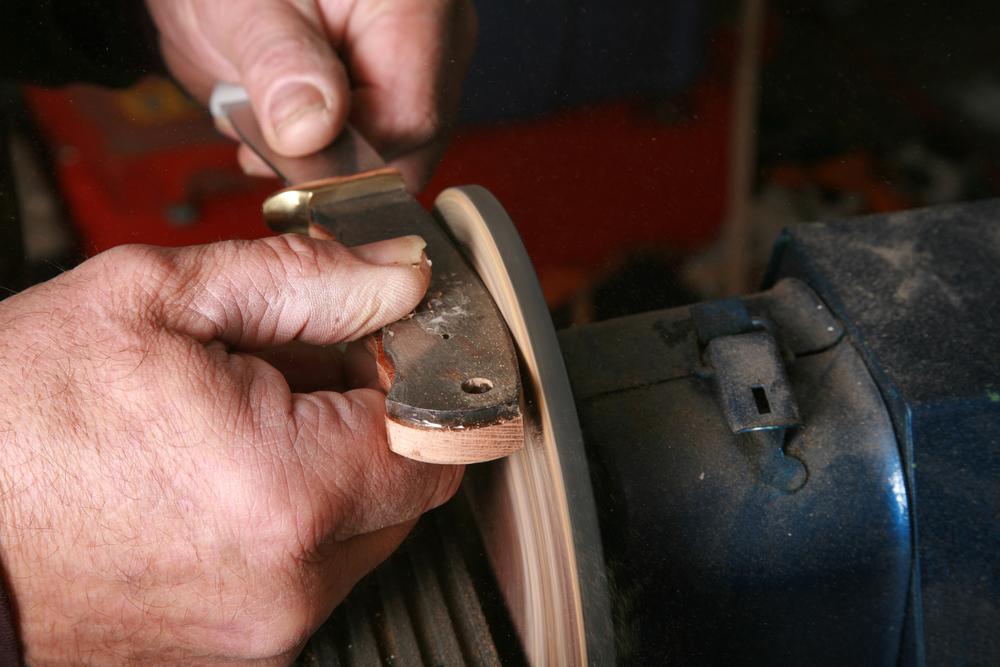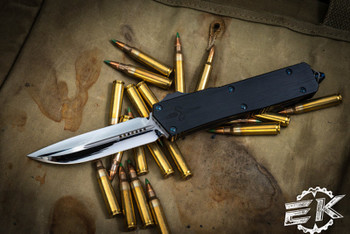5 Common Mistakes Collectors Make When Looking for Custom Knives
May 10th 2018

Carefully curating a beautiful knife collection takes a lot more than just funds. You need the knowledge and consideration to be able to choose a piece that is an asset to your collection and not just another knife among a hodgepodge of many.
As a knife collector with a special interest in custom knives, you should be able to discern a knife’s quality and know what you are looking for to add to your collection before laying down money.
By avoiding some of these common mistakes, your knife collecting endeavors can be rewarding and enjoyable experiences.
1. Not setting a budget.
One of the most common mistakes that beginning collectors make when they look for custom knives for sale is not setting a budget for their purchase.
From the very outset, you need to know how much you feel comfortable spending on a knife. For those with higher-end collections, this number can vary greatly.
While budgeting may cause you to miss out on one or two “perfect knives,” remaining within budget can help you set goals for your collection and afford a greater sense of accomplishment and enjoyment when you do find the right addition.
2. Not choosing a type.
Before looking, you need to know exactly what it is you are looking for.
There’s no wrong way to do it. Some collectors prefer to collect every model of a knife from a specific maker, while others are looking to amass every variation of a particular type of knife. Some collectors are looking to invest in pieces from a certain era, while others collect only the latest, most cutting-edge models on the market.
While it’s possible to do it all, it’s not advisable. Choosing a preference based on your tastes and interests can make collecting more enjoyable, and it can also help you to curate a more cohesive collection.
3. Not having a goal for your collection.

With most hobbies, it is difficult not to become emotionally involved. After all, many of us began collecting knives because we are passionate about their make, design and history.
However, your emotional attachment to your hobby can be a setback to its success, depending on your goal for your collection.
If you intend to develop your knife collection as an investment that you will someday collect on, then you have to maintain objectivity when purchasing and leave emotion out of your purchase.
For some, this may mean passing up on a piece you simply “love” but that does not adhere to your collection. It may also mean having the fortitude to refuse to overpay for a piece just because the seller has picked up on your emotional attachment to it.
Becoming overly attached to the idea of adding one specific knife to your collection can also hinder your judgment and knock you off course concerning your overall goals for your investment.
4. Not educating yourself before purchasing.

You wouldn’t invest in a stock without doing research, and you shouldn’t invest in a knife without it either.
One of the most important aspects of collecting is educating yourself on every aspect of a piece, from maker to going price, to ensure you are getting a fair deal.
But don’t stop there: research alternate sources for a knife rather than just taking one seller’s price as the standard.
5. Under or overestimating the value of a knife.
When discerning a knife’s true value, you need to ask yourself: why is this knife maker popular?
If your answer to this question is that the maker has obtained notoriety for the originality of design or the distinctive look of his work, then you likely have a valuable knife on your hands. More importantly, that knife will likely increase in value over time.
However, if your answer to this question has anything to do with the knife maker’s branding ability and young, fresh personality, then this may be one knife that you need to pass on.
Remember, the quality of your knife needs to stand on its own, not on the maker’s branding. This is particularly true for collectors who consider their collection to be an investment and are looking to make a return on their pieces.
Keep These Mistakes in Mind
The most important aspect of being a good knife collector is to know your tastes and understand what it is that you are looking for, so you have a collection that represents you as a curator of valuable knives.

